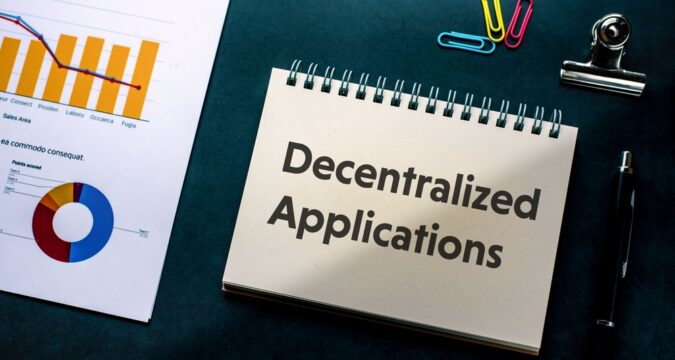
Solana-based projects have gained the attention of crypto users in recent months thanks to the network’s ability to handle large volumes of transactions cheaply and fast. Web3 developers looking to build scalable DApps (decentralized apps) have now shifted their focus to Solana, which is enjoying massive traffic.
Are you looking for top Solana projects to explore? Look no further! In this article, we have listed four of the leading protocols on Solana. Read on to learn more.
Why Build Decentralized Apps on Solana?
As a blockchain that uses the proof-of-stake consensus algorithm to validate transactions, Solana is environmentally friendly, considering it doesn’t emit gas or use massive electricity like proof-of-work networks. That said, Solana is ideal for developers looking to develop projects on blockchains that consume less energy.
Moreover, for developers who want their projects to process users’ transactions quickly, then Solana should be their top choice, given that the network handles up to 55,000 transactions per second. In addition, these transactions are processed cheaply, thus ensuring users do not incur significant costs when exploring various decentralized apps.
Solana DeFi Ecosystem
The Decentralized Finance sector in Solana is flourishing as many trustworthy projects continue to launch. As of this writing, Solana DeFi protocols account for roughly 7% of the Total Value Locked (TVL). According to data from DefiLlama, Solana users have committed over $4 billion to various DeFi projects.
Top 4 Solana Projects in 2025
Here are the leading projects on Solana you should consider exploring in 2025.
Jito
This protocol is intended to extract MEV (Maximal Extractable Value) on the Solana blockchain, thus boosting the revenue of participating validators. Moreover, it acts as a staking protocol, allowing Solana users to commit their funds, which are then used to provide liquidity to particular DeFi projects. In return, stakers receive a yearly yield of up to 300%.
Notably, when users stake their SOL on Jito, they get JitoSOL, which they can stake on other protocols supporting the token.
Jito is a decentralized protocol, meaning it is governed by the involved parties. To be part of its governance system, you must hold the JTO token, which gives you the power to vote on proposed policies.
As of November 2024, the protocol has over 93,000 users who have collectively staked more than 10 million SOL worth about $2.32 billion.
Render
If you have free GPU capacity, you can monetize it on the Render Network by offering animation rendering services. Payments are made using RNDR tokens, initially launched on the Ethereum blockchain. Note that Ethereum-based RNDR can now be bridged to Solana via Wormhole, a well-known bridging protocol.
Tulip
Instead of providing liquidity to individual decentralized exchanges (DEXs), you can deposit funds into Tulip and let it choose the best DEX to maximize your yield.
Formerly SolFarm, Tulip supports several decentralized trading platforms, including the most popular ones, Orca and Raydium. Its pseudonymous founders ‘Momo,’ ‘Post,’ and ‘Senx’ have raised over $5 million from top venture capitalists like FinTech Collective, Amber Group, CMS Holdings, Cadenza Ventures, Jump Capital, and Alameda Research.
Like Jito, Tulip has its own governance token, TULIP, which allows holders to cast their vote on several matters, including treasury usage, platform fees, pool reward weighting, and protocol improvements. According to TULIP’s tokenomics, the maximum token supply is 10 million, and over 1.2 million TULIP are already in circulation.
Jupiter
Instead of trading on decentralized exchanges, you can opt to use Jupiter, a reliable DEX aggregator that sources favorable token prices across multiple DEXs. In other words, this protocol enables users to place trades at optimal prices.
It is note mentioning that Jupiter isn’t just a regular DEX aggregator, considering it offers other services, such as DCA (Dollar Cost Averaging) investments, a token bridge, and trading of perpetual contracts.
As a decentralized platform, Jupiter allows users owning its JUP governance token to participate in the decision-making process.
Conclusion
Exploring the Solana ecosystem can be an exciting adventure. However, understanding the basics of blockchain technology, such as how to use a non-custodial wallet properly, is advisable before using any protocol on Solana.




